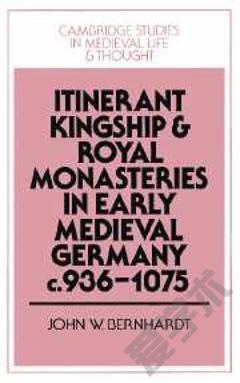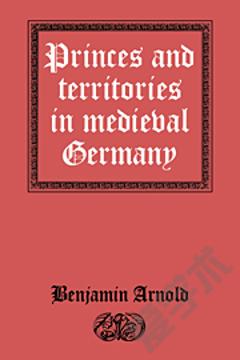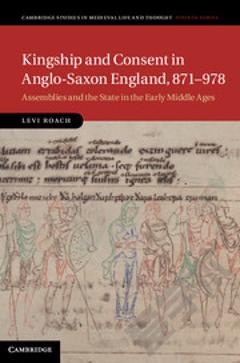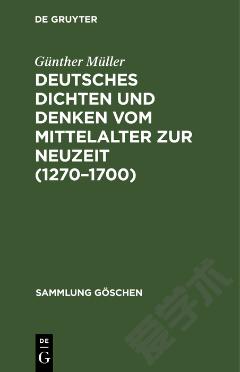Itinerant Kingship and Royal Monasteries in Early Medieval Germany, c.936–1075
In examining the relationship between the royal monasteries in tenth- and eleventh-century Germany and the German monarchs, this book assimilates a great deal of European scholarship on a central problem - that of the realities and structures of power. It focuses on the practical aspects of governing without a capital and while constantly in motion, and on the payments and services which monasteries provided to the king and which in turn supported the king's travel economically and politically. Royal-monastic relations are investigated in the context of the 'itinerant kingship' of the period to determine how this relationship functioned in practice. It emerges that German rulers did in fact make much greater use of their royal monasteries than has hitherto been recognised.
{{comment.content}}








 京公网安备 11010802027623号
京公网安备 11010802027623号